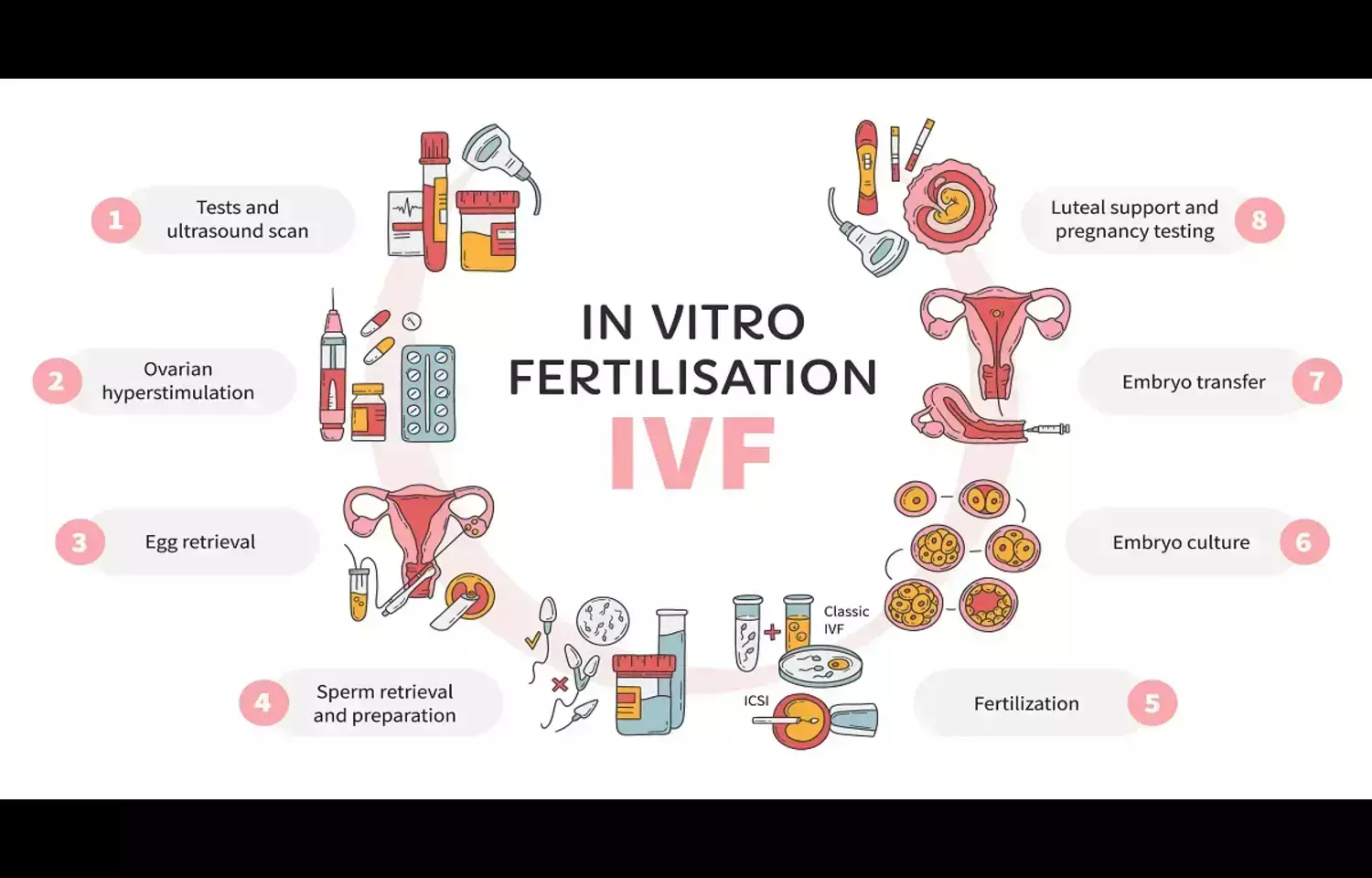- Home
- Medical news & Guidelines
- Anesthesiology
- Cardiology and CTVS
- Critical Care
- Dentistry
- Dermatology
- Diabetes and Endocrinology
- ENT
- Gastroenterology
- Medicine
- Nephrology
- Neurology
- Obstretics-Gynaecology
- Oncology
- Ophthalmology
- Orthopaedics
- Pediatrics-Neonatology
- Psychiatry
- Pulmonology
- Radiology
- Surgery
- Urology
- Laboratory Medicine
- Diet
- Nursing
- Paramedical
- Physiotherapy
- Health news
- Fact Check
- Bone Health Fact Check
- Brain Health Fact Check
- Cancer Related Fact Check
- Child Care Fact Check
- Dental and oral health fact check
- Diabetes and metabolic health fact check
- Diet and Nutrition Fact Check
- Eye and ENT Care Fact Check
- Fitness fact check
- Gut health fact check
- Heart health fact check
- Kidney health fact check
- Medical education fact check
- Men's health fact check
- Respiratory fact check
- Skin and hair care fact check
- Vaccine and Immunization fact check
- Women's health fact check
- AYUSH
- State News
- Andaman and Nicobar Islands
- Andhra Pradesh
- Arunachal Pradesh
- Assam
- Bihar
- Chandigarh
- Chattisgarh
- Dadra and Nagar Haveli
- Daman and Diu
- Delhi
- Goa
- Gujarat
- Haryana
- Himachal Pradesh
- Jammu & Kashmir
- Jharkhand
- Karnataka
- Kerala
- Ladakh
- Lakshadweep
- Madhya Pradesh
- Maharashtra
- Manipur
- Meghalaya
- Mizoram
- Nagaland
- Odisha
- Puducherry
- Punjab
- Rajasthan
- Sikkim
- Tamil Nadu
- Telangana
- Tripura
- Uttar Pradesh
- Uttrakhand
- West Bengal
- Medical Education
- Industry
TyG-BMI may predict Adverse Pregnancy Outcomes in IVF, suggests research

Researchers have found in a new study that higher triglyceride-glucose body mass index (TyG-BMI) was associated with increased miscarriage rates in both fresh and frozen embryo transfer (FET) cycles, along with reduced live birth rates in FET and cumulative live birth outcomes. TyG-BMI may serve as a practical marker to identify patients at higher metabolic risk before in vitro fertilization (IVF) treatment.
Assisted reproductive technologies have transformed infertility care, but pregnancy outcomes remain highly variable due to both clinical and metabolic factors. Traditional predictors such as age, ovarian reserve, and body mass index (BMI) provide only partial insight into reproductive prognosis.
TyG-BMI, which integrates lipid and glucose metabolism with body mass assessment, has recently emerged as a potential surrogate marker for insulin resistance, a well-known contributor to suboptimal fertility outcomes. In this study, researchers analyzed IVF outcomes across women stratified by TyG-BMI levels. Results showed that patients with higher TyG-BMI not only had a significantly greater risk of miscarriage in both fresh and frozen embryo transfer cycles but also experienced lower rates of live birth in frozen transfers and reduced cumulative live birth rates.
These findings highlight the potential of TyG-BMI as a simple, cost-effective, and non-invasive tool to screen for metabolic risk in women undergoing IVF. The study underscores the importance of preconception metabolic assessment in reproductive medicine. By incorporating TyG-BMI into baseline evaluations, clinicians may be able to identify patients at risk for adverse pregnancy outcomes and provide targeted lifestyle, nutritional, or pharmacological interventions to optimize metabolic health before treatment.
This could improve overall pregnancy success rates and reduce the emotional and financial burden associated with repeated IVF cycles. However, the authors cautioned that larger multicenter trials are necessary to validate TyG-BMI as a reliable predictive marker across diverse populations. They also noted that future studies should explore whether interventions aimed at lowering TyG-BMI can directly improve reproductive outcomes.
Dr. Shravani Dali has completed her BDS from Pravara institute of medical sciences, loni. Following which she extensively worked in the healthcare sector for 2+ years. She has been actively involved in writing blogs in field of health and wellness. Currently she is pursuing her Masters of public health-health administration from Tata institute of social sciences. She can be contacted at editorial@medicaldialogues.in.
Dr Kamal Kant Kohli-MBBS, DTCD- a chest specialist with more than 30 years of practice and a flair for writing clinical articles, Dr Kamal Kant Kohli joined Medical Dialogues as a Chief Editor of Medical News. Besides writing articles, as an editor, he proofreads and verifies all the medical content published on Medical Dialogues including those coming from journals, studies,medical conferences,guidelines etc. Email: drkohli@medicaldialogues.in. Contact no. 011-43720751


